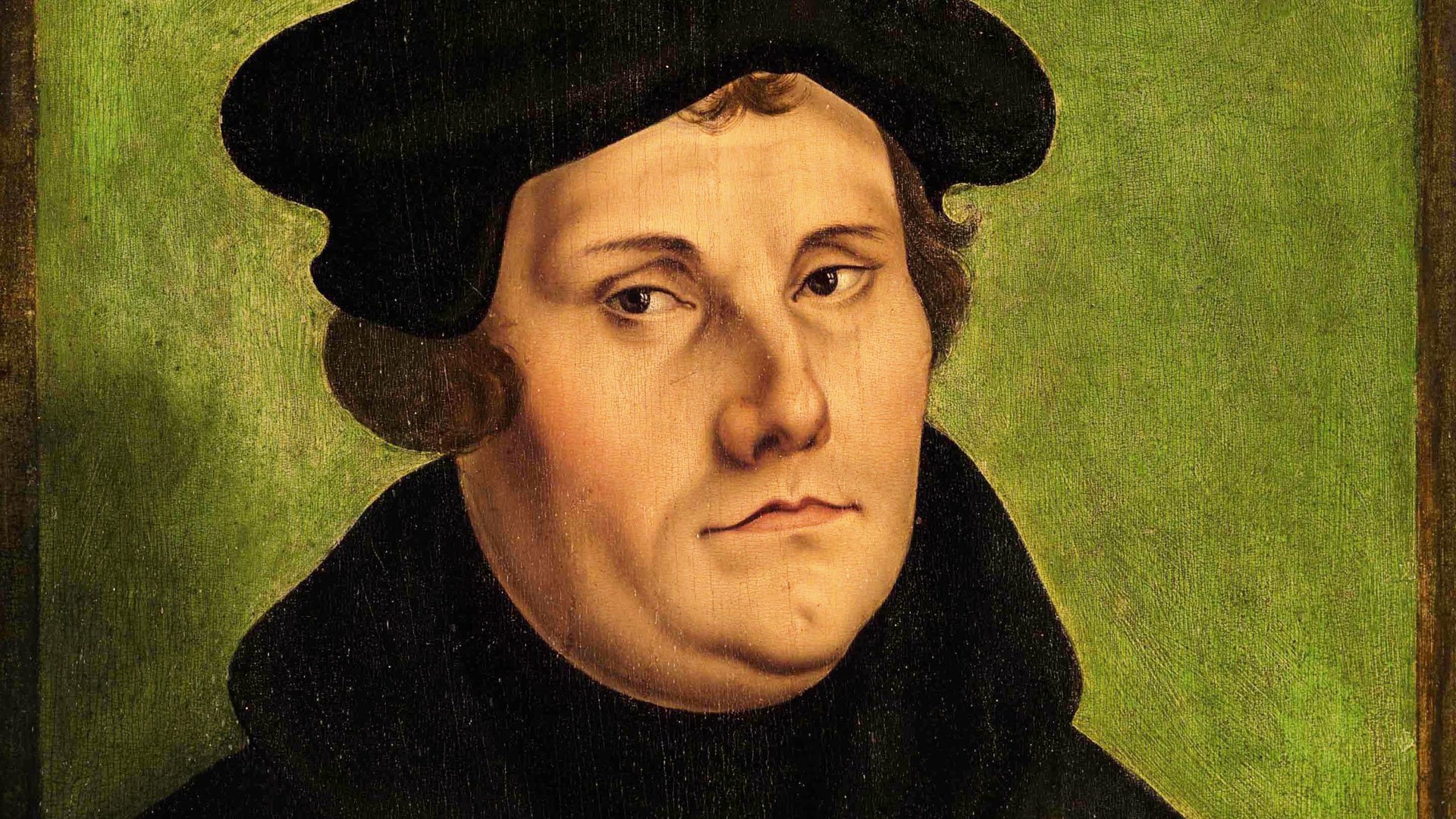A decade after he began advocating for reform, Martin Luther had become highly attuned to the fundamental issues at stake in the debates with his adversaries. Having made Sola Scriptura his rallying cry, he was forced to face the chaos that ensued. Claiming his reform but rejecting his theology, radical sects had fomented violent revolution in the Holy Roman Empire.[1]
Login to read more
Sign in or create a free account to access Subscriber-only content.
